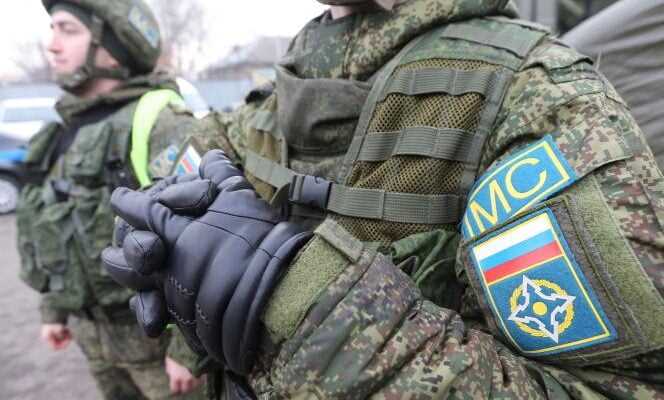The intervention will have been of short duration. Just a week after their arrival on January 6, more than 2,000 Collective Security Treaty Organization (CSTO) peacekeepers deployed in Kazakhstan began their withdrawal, which is due to be completed by January 22. . The military contingent, made up mostly of Russians and a few hundred Belarusians, Armenians, Tajiks and Kyrgyz, had been dispatched at the request of the Kazakh President, Kassym-Jomart Tokayev, to restore calm after the deadly riots that shook this Central Asian country. Seven days later, the leader announced the end of the mission, judged ” very well done “.
“ The CSTO forces have restored order and law, this is very important, welcomed Russian President Vladimir Putin. We have to go home. Our mission has been fulfilled. » US Secretary of State Antony Blinken angered Moscow by declaring that“ once the Russians are in your house, it is sometimes very difficult to get them to leave”. The soldiers have begun to hand over to the Kazakh security forces the infrastructure and buildings they have been providing security for several days. A first plane carrying Russian soldiers left the country on Thursday.
“rushed” request and deployment
The speed with which the military alliance, led by Moscow, responded to the call of the Kazakh president is far from usual. This is the first time since its creation twenty years ago, in 2002, that the CSTO has agreed to intervene. In 2010, when Kyrgyzstan experienced violent ethnic clashes, she did not send troops, judging that it was not “not appropriate”.
Officially, the decision was taken “in light of the threats to the national security and sovereignty of Kazakhstan”
“Kyrgyzstan has been a small, poor and unstable state since its independence, so an intervention would have been complicated”, explains David Teurtrie, associate researcher at Inalco. In the fall of 2020, when Armenia appealed to it against Azerbaijan in the war in Nagorno-Karabakh, the alliance had also declined there. Not only because the separatist enclave is, under international law, in Azerbaijan, but also because the incursions into Armenian territory were in its eyes “essentially [d’]a border incident.
In Kazakhstan, on the contrary, the CSTO, which has 3,600 peacekeepers and 18,000 members of the rapid reaction forces, chose to intervene immediately. Officially, the decision has been made “in light of threats to the national security and sovereignty of Kazakhstan, including external interference”, justified on Facebook the Armenian Prime Minister, Nikol Pashinian, who holds the rotating presidency of the alliance.
You have 56.01% of this article left to read. The following is for subscribers only.
